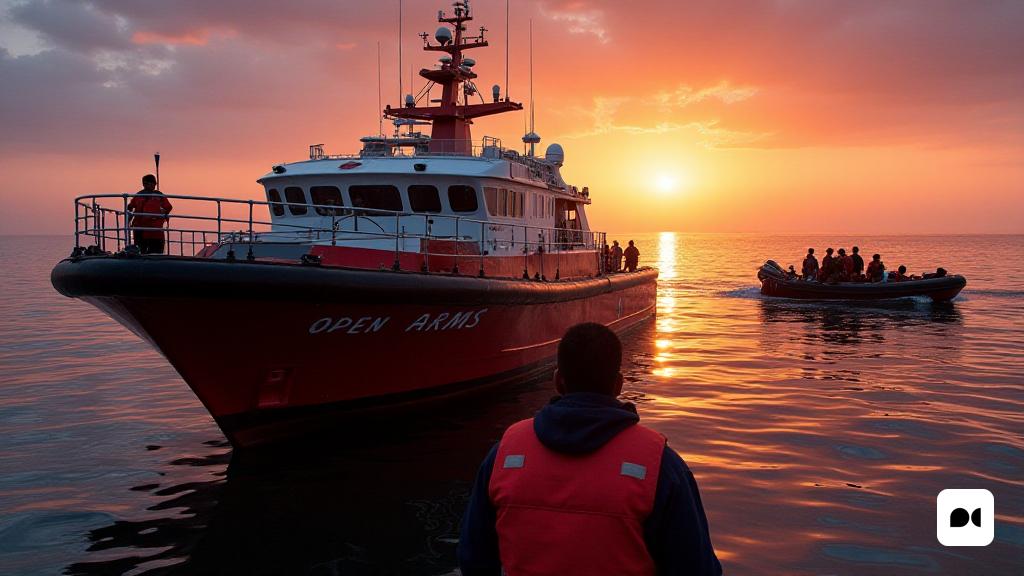A new expedition to the waters of Tunisia
The Spanish NGO Open Arms has re -activated its operations in the central Mediterranean with its astral boat. The trip, started from Badalona, has led the boat to travel more than 1,800 kilometers to the Tunisian coasts. Specifically, the NGO has been in strategic areas, such as the SFAX environment, known for the intense activity of human trafficking.
Critical points and European warnings
On May 10, Open Arms stopped near Chebba, recognized by the ‘global organized crime initiative’ as one of the most dangerous places for illegal immigration. Its presence has aroused concerns between the Frontex authorities, who indicate that NGOs could act as a factor of attraction for traffickers, increasing their operations with the guarantee that rescued immigrants will receive help.
Rescue incidents and the reality of traffic
An example of this dynamic occurred on May 11, when Open Arms rescued more than 50 people to less than 60 miles of Sfax. Interestingly, images spread by Bangladesh traffickers showed that the boat had no obvious signs of danger. This reinforces the idea that many of these trips are planned with the awareness that the help of NGOs is assured.
The ethical dilemma of rescue operations
Open Arms activity not only arouses debate on its operational effectiveness, but also raises ethical issues. In patrolling the waters of Tunisia, the NGO constantly pressures the Italian government to allow landings in Italian ports, a stance that some consider to ignore the sovereignty of coastal countries and, at the same time, perpetuates the traffic cycle.
The impact of NGOs on people’s traffic
European authorities have stated that each rescue by Open Arms is used by traffickers as a form of advertising, increasing its attraction for those who seek to cross the Mediterranean. Frontex states that the presence of NGOs not only does not discourage the mobs, but also reduces the risk perceived by immigrants, thus encouraging the continuity of these dangerous routes.
Reflections on the future of immigration to the Mediterranean
In the face of this complex situation, the need for a deeper debate on the responsibilities of NGOs, European governments and traffic authorities is evident. The question of how to approach immigration to the Mediterranean is still a crucial challenge that requires innovative and sustainable solutions.

